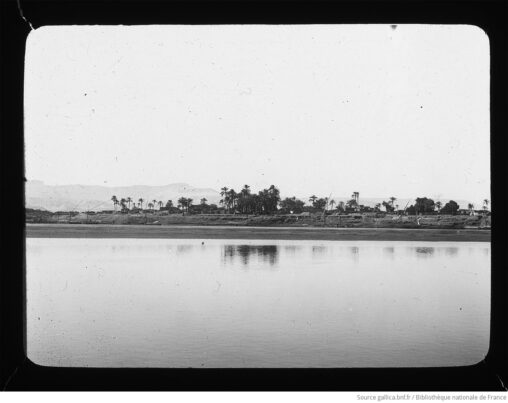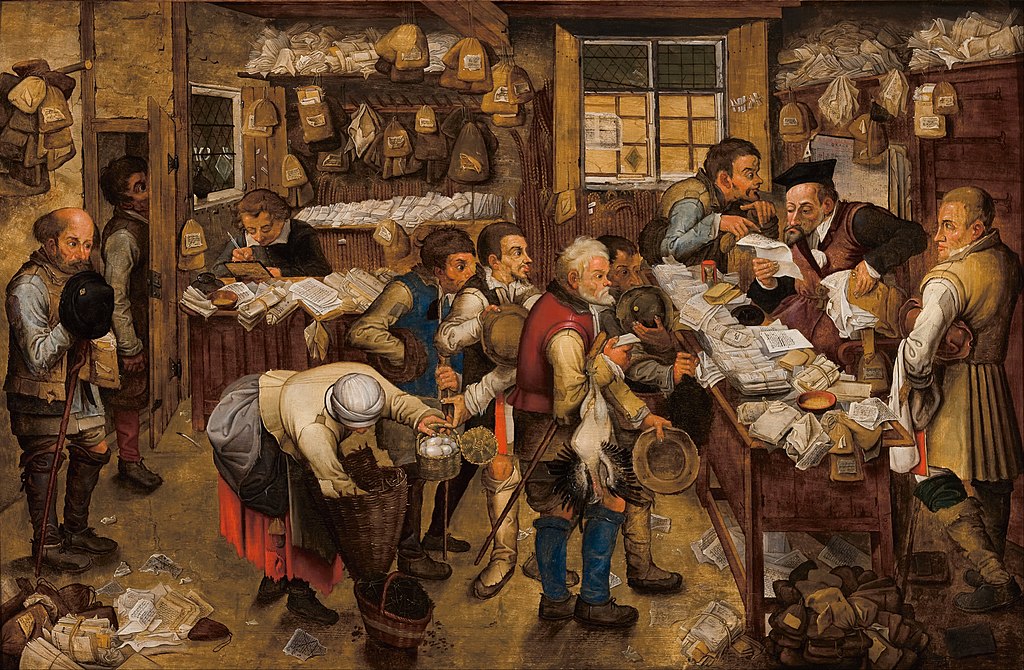Caliphal Finances - The Finances of the Caliphate: Abbasid Fiscal Practice in Islamic Late Antiquity
© 2025 Caliphal Finances – The Finances of the Caliphate: Abbasid Fiscal Practice in Islamic Late Antiquity.
Powered by WordPress.
Theme by Anders Norén.











